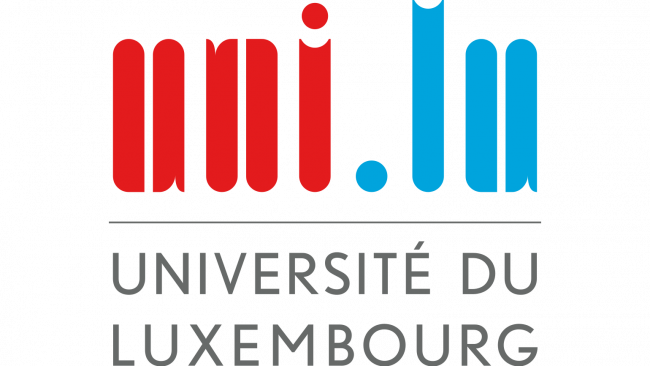University of Luxemburg

The University of Luxembourg (Luxembourgish: Universitéit vu Lëtzebuerg; French: Université du Luxembourg) is a public research university with an international, multilingual and interdisciplinary character, situated on Belval Campus and in Luxembourg City, Luxembourg.
Founded in 2003, the university has already built a reputation as being among the best young universities in the world. It was ranked 11th in the Times Higher Young University Rankings 2017, and 178th in the Times Higher World University Rankings 2016.
The University offers many bilingual and multilingual study programmes in French, English and German, as well as several master courses and doctoral schools entirely taught in English. With 6,200 students from 120 countries and 250 academics from all over the globe, the university provides a cosmopolitan learning experience. Moreover, all Bachelor's students have to spend a mandatory semester abroad, reflecting the importance attached to mobility. The University therefore cooperates with nearly 90 partner universities worldwide.
The University of Luxembourg has three faculties, including the Faculty of Science, Technology and Communication, the Faculty of Law, Economics and Finance, the Faculty of Language and Literature, Humanities, Arts and Education, as well as three interdisciplinary research centres: the Luxembourg Centre for Systems Biomedicine (LCSB), the Interdisciplinary Centre for Security, Reliability and Trust (SnT) as well as the Luxembourg Centre for Contemporary and Digital History (C2DH).Current research priorities are computational sciences and ICT, systems biomedicine, European law, international finance and educational sciences.
As one of the most international universities in Europe, the University of Luxembourg maintains close relations with EU institutions and participates in the debate on Europe's future. As a motor of the national research and innovation system, the University also gives strong support to entrepreneurial activities and is closely connected to Luxembourg's industry and the country's multicultural community, with an aim to support the creation of a knowledge-based society.